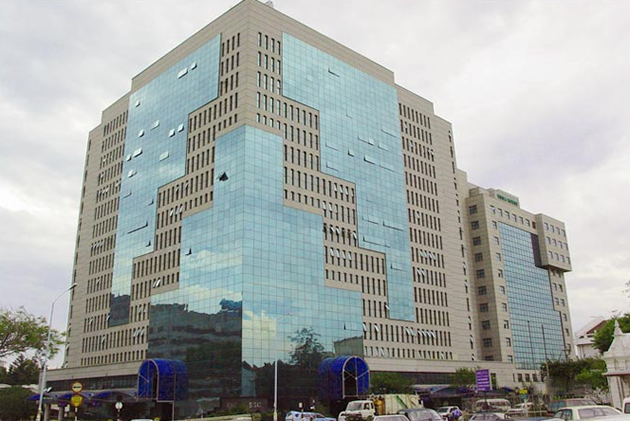NSSA lauds ZSE automation

 nssaOliver Kazunga Senior Business Reporter
nssaOliver Kazunga Senior Business Reporter
THE National Social Security Authority (NSSA) says automation of trading and dematerialisation of shares on the Zimbabwe Stock Exchange will boost confidence of foreign investors.
Automation of trading and dematerialisation of shares on the ZSE will be implemented this week with most listed firms backing the move.
Automation is a method of trading securities such as stocks, using information technology systems to bring buyers and sellers together through an electronic platform and networks that create a virtual market place, with minimal human interventions. Dematerialisation of shares entails changing the handling of shares from a physical format to electronic means.
“Automated trading of ZSE and dematerialisation of capital securities is expected to boost confidence of foreign investors since the system will be more efficient in terms of settlements,” said NSSA in its financial statement for the year ended December 31, 2014.
It said the review of “certain” economic policies especially the Indigenisation and Economic Empowerment Act will go a long way in buttressing the manner in which business is done and attract investors.
“The five-year economic blueprint-Zimbabwe Agenda for Sustainable Socio-Economic Transformation (Zim-Asset) outlines the objectives and targets for each sector meant to stimulate economic growth. In fulfilment of Zim-Asset targets, NSSA is establishing a building society to construct houses for contributors,” said NSSA.
On financial performance, NSSA general manager James Matiza said contributions to the National Pension Scheme (NPS) rose by 43 percent to $248.3 million in 2014 compared to $173.4 million in the previous year but premiums for its Workers Compensation Insurance Fund (WCIF) went down by 21 percent to $48.7 million from $58.5 million in 2013.
He said claims for NPS and WCIF rose to 25 percent from $99.2 million in 2013 to $124.8 million last year.
“The board made a deliberate move to suspend section 37 (5) of Statutory Instrument 393 of 1993 through SI.144/2013 for the period January 1 to December 31, 2014. This enabled claimants whose grants couldn’t be honoured due to late submission to submit their claims for payment. There was a positive response from clients as a significant number of late claims for retirement and survivors grant claims were received during the 2014 financial year,” he said.
Assets increased by 10 percent from $ 1,038 billion in 2013 to $1,137 billion in 2014.
Matiza indicated that operating expenses rose by 21 percent from $43.9 million to $95.2 million in the year under review as a result of allowances for credit losses of $43.4 million and debts written off amounting to $9.4 million.
During the period under review, NSSA recorded a profit after tax amounting to $98 million from $93 million in 2013.
At least 52 companies retrenched in 2014 resulting in about 7,000 workers losing their jobs while 75 companies closed and retrenched 9,000 employees in the same year.
During the period 98 fatalities and 5,491 serious injuries occurred during 2014 compared to 76 fatalities and 5,666 serious injuries recorded in 2013.









Comments